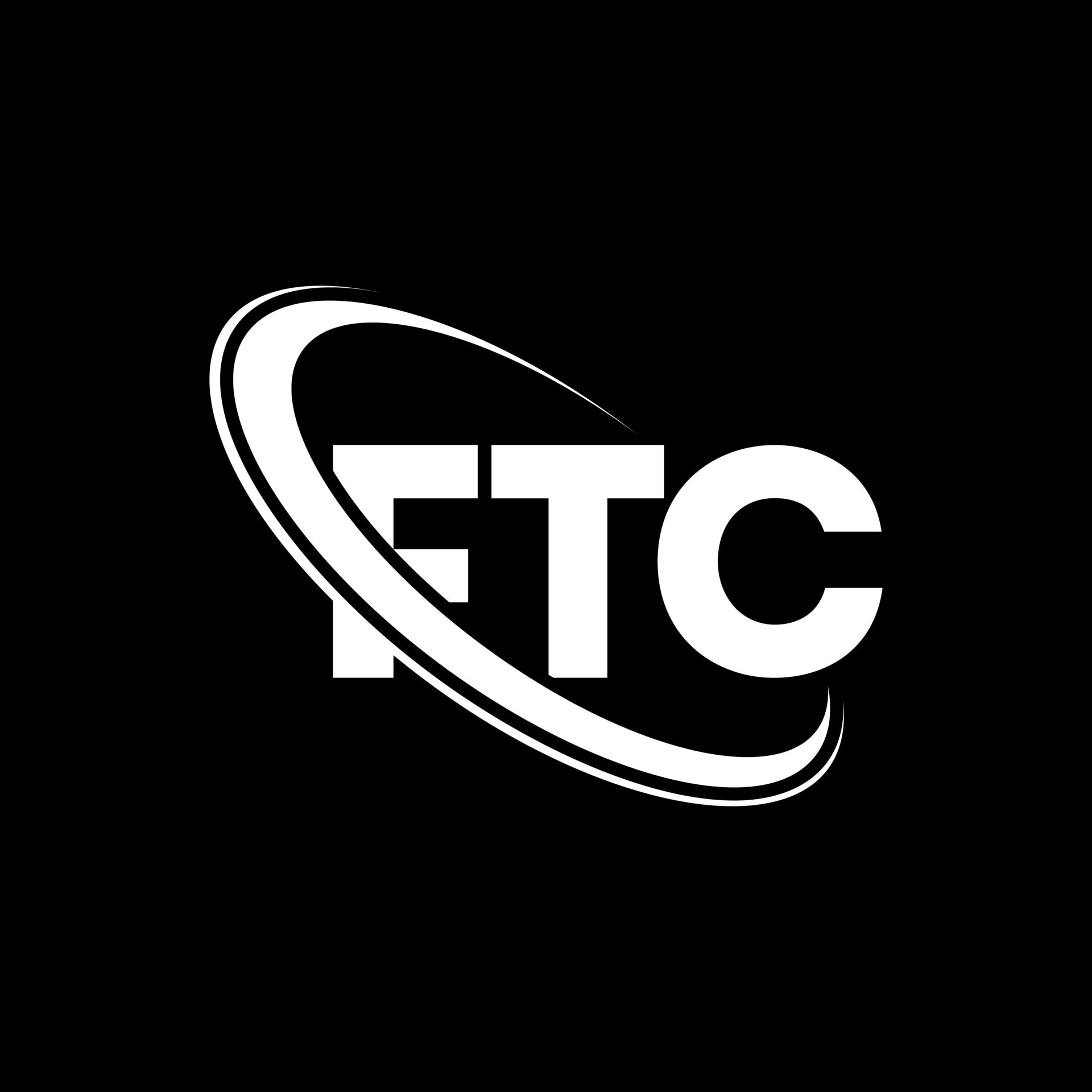FTC: The Watchdog Of Consumer Rights And Market Fairness
When it comes to protecting consumers and ensuring fair business practices, the FTC is the ultimate player in the game. Imagine a world where companies can do whatever they want without any consequences – it would be chaos, right? That's where the Federal Trade Commission (FTC) steps in. As the guardian of consumer rights, the FTC works tirelessly to make sure businesses play by the rules and consumers are treated fairly. So, whether you're a small business owner or just someone shopping online, the FTC has got your back.
Now, you might be wondering, "What exactly does the FTC do?" Great question! The FTC is like the referee in the marketplace, making sure everyone plays nice. They investigate scams, stop unfair business practices, and educate both consumers and businesses about their rights and responsibilities. Think of them as the superheroes of commerce, but instead of capes, they've got laws and regulations.
But why should you care about the FTC? Well, if you've ever been scammed online, received spam emails, or dealt with misleading advertisements, the FTC is the organization that fights on your behalf. They're the ones who ensure that companies can't take advantage of you just because you're not an expert in legal jargon. So, buckle up, because we're about to dive deep into the world of the FTC and uncover everything you need to know.
Understanding FTC: A Brief Overview
The FTC, or Federal Trade Commission, was established way back in 1914 to promote competition and protect consumers. It's like the market's version of a cop, but instead of a badge, they carry a big book of rules. Their main goal? To keep the marketplace honest and transparent. If you've ever wondered why companies can't just make wild claims about their products, the FTC is the reason why.
What Does the FTC Do?
So, what exactly does the FTC do day in and day out? Let's break it down:
- They enforce antitrust laws to prevent monopolies and promote competition.
- They investigate fraudulent activities, like scams and deceptive marketing.
- They educate consumers about how to protect themselves from scams.
- They provide guidance to businesses to help them stay compliant with the law.
Think of the FTC as the market's referee. If a company steps out of line, the FTC is there to call them out and make sure they don't hurt consumers or other businesses in the process.
Key Areas of FTC Focus
The FTC doesn't just sit around waiting for problems to happen. They actively monitor several key areas to ensure the marketplace stays fair and square. Let's take a closer look at some of these areas:
Consumer Protection
This is where the FTC shines the brightest. Consumer protection is all about making sure businesses don't trick or deceive consumers. For example, if a company claims their product can cure cancer but there's no scientific evidence to back it up, the FTC will step in and put a stop to it. It's like having a personal bodyguard for your wallet.
Antitrust Enforcement
Ever heard of monopolies? Those are companies that dominate the market so much that they stifle competition. The FTC doesn't like that. They work to ensure that no single company can control an entire industry, which keeps prices fair and gives consumers more choices.
Privacy and Data Security
In today's digital age, privacy is more important than ever. The FTC plays a crucial role in protecting consumers' personal information. They make sure companies handle your data responsibly and don't misuse it for their own gain. If a company gets hacked and your information is leaked, the FTC will investigate and hold them accountable.
How the FTC Impacts Businesses
Businesses, both big and small, need to pay attention to the FTC. Why? Because the FTC sets the rules of the game, and breaking those rules can lead to some serious consequences. Here's how the FTC impacts businesses:
Compliance Requirements
Businesses must comply with FTC regulations to avoid fines and penalties. This includes things like truth in advertising, data privacy, and fair trade practices. If a company doesn't follow the rules, the FTC can come knocking with lawsuits and settlements that can cost millions.
Education and Resources
The FTC doesn't just punish businesses; they also help them. They offer a ton of resources and educational materials to help businesses understand and comply with the law. It's like having a tutor who helps you pass the test instead of just failing you outright.
The Importance of FTC for Consumers
For consumers, the FTC is like a knight in shining armor. They protect you from scams, misleading ads, and unfair practices. Here's why the FTC is so important for consumers:
Scam Prevention
Scams are everywhere, and they're getting more sophisticated every day. The FTC works hard to identify and shut down scams before they can hurt consumers. They also provide tips and resources to help you spot scams and avoid becoming a victim.
Consumer Education
The FTC doesn't just protect consumers; they also educate them. They offer a wealth of information on topics like identity theft, online shopping safety, and how to file complaints. It's like having a personal tutor for all things consumer-related.
FTC Enforcement Actions
When a company breaks the rules, the FTC doesn't mess around. They take swift and decisive action to hold companies accountable. Here are some examples of FTC enforcement actions:
Settlements and Fines
If a company is found guilty of violating FTC regulations, they might face hefty fines or be forced to settle. These settlements often include requirements for the company to change their practices and make amends to affected consumers.
Legal Actions
In some cases, the FTC will take legal action against a company. This can involve lawsuits, court orders, and even criminal charges in extreme cases. It's like the FTC pulling out the big guns to make sure justice is served.
FTC and the Digital Age
In today's digital world, the FTC has its work cut out for them. With the rise of e-commerce, social media, and online advertising, the marketplace is more complex than ever. Here's how the FTC tackles these challenges:
Online Advertising
Online ads can be tricky. They often use flashy graphics and bold claims to grab your attention. The FTC makes sure these ads are truthful and not misleading. If an ad says a product can do something it can't, the FTC will step in and put a stop to it.
Data Privacy
Your personal data is valuable, and the FTC knows it. They work to ensure companies protect your data and don't misuse it for their own gain. If a company fails to do so, the FTC will investigate and hold them accountable.
FTC Resources for Consumers and Businesses
Whether you're a consumer or a business, the FTC has a ton of resources to help you. Here's a quick look at what they offer:
Consumer Resources
For consumers, the FTC provides a wealth of information on topics like scams, identity theft, and how to file complaints. They also offer tips on how to protect yourself online and avoid becoming a victim of fraud.
Business Resources
For businesses, the FTC offers guidance on how to comply with regulations and avoid legal trouble. They provide educational materials, webinars, and even one-on-one consultations to help businesses stay on the right side of the law.
Conclusion: Why the FTC Matters
In conclusion, the FTC is a vital part of the marketplace. They protect consumers, ensure fair business practices, and promote competition. Whether you're a consumer or a business owner, the FTC is there to make sure everyone plays by the rules. So, the next time you shop online or run a business, remember that the FTC has your back.
Now, it's your turn. Share this article with your friends and family, leave a comment, or check out some of our other articles. Together, we can make the marketplace a fairer and safer place for everyone. And hey, if you ever have a question about the FTC, don't hesitate to ask. We're here to help!
Table of Contents
- Understanding FTC: A Brief Overview
- What Does the FTC Do?
- Key Areas of FTC Focus
- How the FTC Impacts Businesses
- The Importance of FTC for Consumers
- FTC Enforcement Actions
- FTC and the Digital Age
- FTC Resources for Consumers and Businesses
- Conclusion: Why the FTC Matters
NYT Connections Hint: Your Ultimate Guide To Mastering The Puzzle
Brooklyn Nets: The Rise Of A Basketball Powerhouse In The NBA
AC Shadows Review: A Deep Dive Into The Game That Stole Our Hearts

FTC proposes new rule to ban clauses

About FTC FIRST Washington

FTC logo. FTC letter. FTC letter logo design. Initials FTC logo linked